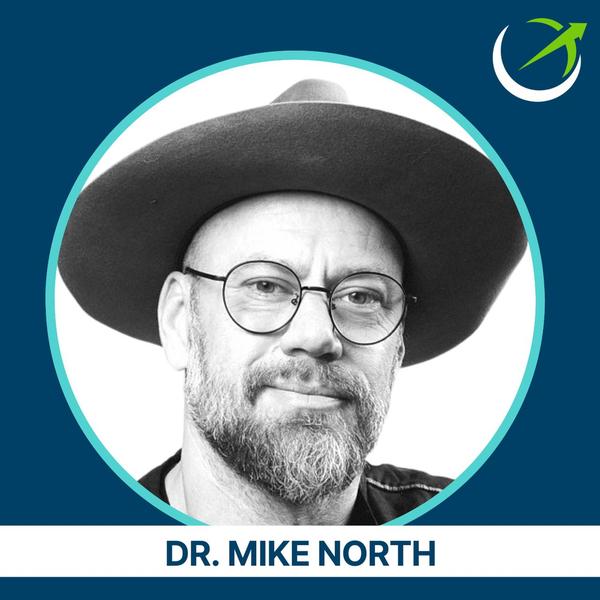Confronting a metabolic epidemic: understanding liver health and how to prevent, diagnose, and manage liver disease | Julia Wattacheril, M.D., M.P.H.
Peter Attia
May 20, 2024
Mindsip insights from this episode:
Drink up to three cups of black coffee daily for liver health
Up to three cups of black coffee per day has been shown in multiple studies to have beneficial, anti-fibrotic effects on the liver for various liver diseases.
Recognize Hepatitis B as a cancer risk without cirrhosis
Unlike other liver diseases, Hepatitis B is an outlier that can lead to liver cancer even before the liver progresses to advanced fibrosis or cirrhosis.
Don't rely on standard ultrasound to detect fatty liver
A standard ultrasound is not sensitive enough to detect fatty liver until it reaches about 30% fat, meaning a negative result doesn't rule out the condition.
Utilize FibroScan for accurate assessment of alcohol-induced fatty liver
A bedside imaging technique like a FibroScan is more sensitive for picking up on alcohol-induced fatty liver than blood tests for liver enzymes like AST and ALT.
Utilize PEth test to monitor alcohol consumption
The phosphatidyl ethanol (PEth) test is a blood test, similar to an A1C for glucose, that can measure moderate to severe alcohol consumption over the previous one to two weeks.
Aim for liver enzymes below optimal level of 30
An optimal level for liver enzymes AST and ALT is generally under 30, which is lower than the standard lab reference ranges that have drifted up with population health.
Prioritize heart health to combat early fatty liver risks
For the average person with early-stage metabolic fatty liver disease (MASLD), the risk of cardiovascular events and malignancy is much higher and more immediate than the risk of liver failure.
Utilize Resmetirom to treat metabolic dysfunction-associated steatotic liver disease
A new thyroid hormone receptor agonist drug called Resmetirom has shown promising results in a Phase 3 trial for treating metabolic dysfunction-associated steatotic liver disease (MASLD).
Reverse early-stage cirrhosis with new evidence
Contrary to traditional teaching, there is now evidence that even early cirrhosis, which is stage four scarring of the liver, can be reversible.
More from
Peter Attia
AMA #78: Longevity interventions, exercise, diagnostic screening, and managing high apoB, hypertension, metabolic health, and more
Ketogenic diet, ketosis & hyperbaric oxygen: metabolic therapies for weight loss, cognition, Alzheimer's & more | Dom D'Agostino, Ph.D.
The evolutionary biology of testosterone: how it shapes male development and sex-based behavioral differences, | Carole Hooven, Ph.D.
The impact of gratitude, serving others, embracing mortality, and living intentionally | Walter Green (#288 rebroadcast)
Thyroid function and hypothyroidism: why current diagnosis and treatment fall short for many, and how new approaches are transforming care | Antonio Bianco, M.D., Ph.D.
You also might be interested in
Dr. Casey Means: Eat like THIS to reduce your Risk of Metabolic Disease!
Biohacking Fertility for Men and Women at Any Age
Improve Energy & Longevity by Optimizing Mitochondria | Dr. Martin Picard
Dr. Casey Means: Stop Ignoring Your Health — Do These 5 Free Tests!
The Untold Science Of Vibration Therapy & The “BioDrive” Breakthrough That Regulates Your Mind and Body, With Dr. Mike North












